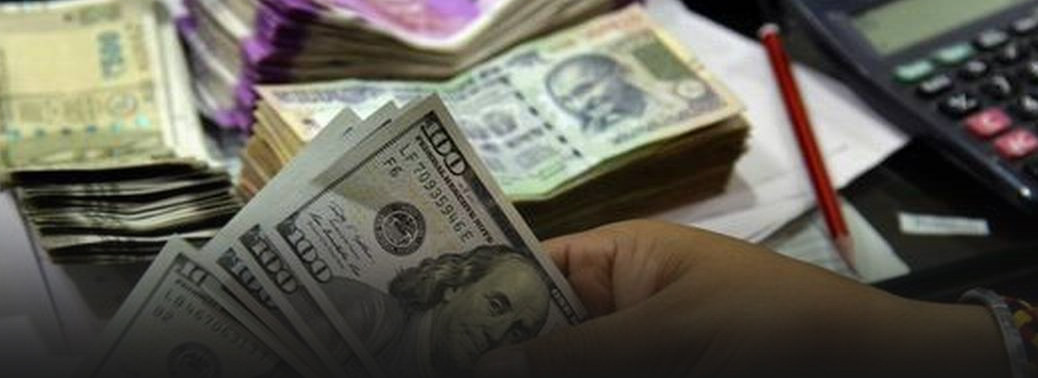RBI RECEIVES AGGRESSIVE BIDS, INFUSES RS. 34,500 CR. LIQUIDITY
27, Mar 2019

Prelims level : Economy – Banking
Mains level : GS III - Indian Economy and issues relating to planning, mobilization of resources, growth, development and employment
- The first dollar-rupee buy/sell swap auction by Reserve Bank of India (RBI), which was aimed at infusing primary liquidity, saw aggressive bidding by banks.
- The RBI received $16.31 billion in bids for the auction for a notified amount of $5 billion. In turn, RBI infused Rs. 34,561 crore rupee liquidity.
Fewer OMOs:
- RBI would conduct more such auctions as there is an appetite in the market, and reduce dependence on open market purchases of bonds. RBI has infused a significant amount of liquidity in the current fiscal through open market operations (OMOs).
Currency Swap:
- A currency swap involves exchange of principal and interest in one currency for the same in another currency. It is considered to be a foreign exchange transaction.
- For example: Suppose a Foreign company needs to acquire Indian Rupees and India-based company needs to acquire US dollars. Then these two companies could arrange to swap currencies by establishing an interest rate, agreed upon amount along with a common maturity date for the exchange.
Major Currency Swap arrangements of India:
- Under BRICS
- With UAE
- With Japan
Open Market Operation
- An Open Market Operation (OMO) is the buying and selling of government securities in the open market, hence the nomenclature. It is done by the central bank in a country (the RBI in India). When the central bank wants to infuse liquidity into the monetary system, it will buy government securities in the open market. This way it provides commercial banks with liquidity. In contrast, when it sells securities, it curbs liquidity. Thus, the central bank indirectly controls the money supply and influences the short-term interest rates. In India, after the economic reforms of 1991, the OMO has gained more importance than the CRR (cash reserve ratio) in adjusting liquidity.
Types of Open Market Operations
RBI employs two kinds of OMOs:
- Outright Purchase (PEMO) – this is permanent and involves the outright selling or buying of government securities.
- Repurchase Agreement (REPO) – this is short-term and are subject to






